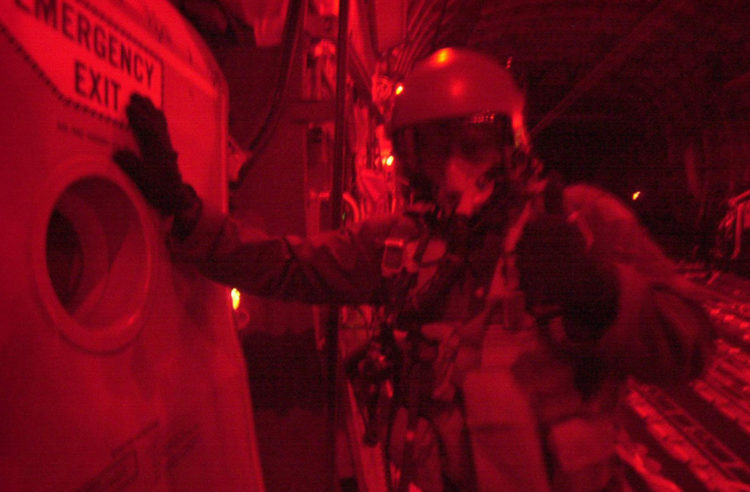Always striving to increase its effectiveness, the U.S. Special Operations Command (SOCOM) is aiming to produce leaflets that can talk and listen. Part of a drive for more effective psychological operations (PSYOP), the project is in the early stages of development. SOCOM has managed to create a prototype that is capable of the above. But according to Ryan Brown, who is part of the acquisition team at SOCOM, the prototype is too expensive for mass production. That is the reason the command is reaching out to the industry.
According to a report by Defense One, SOCOM reached out to companies with a request for “printable electronics incorporating ‘flexible micro-circuitry’, a flexible speaker, and super-thin photovoltaic batteries.” The SOCOM specifications require the leaflet to be “printable in the field [in order to be] deployed or scattered across designated areas to broadcast information as well as provide feedback to assist in MISO [Military Information Support Operations] planning and analysis.”
The U.S. military is making very effective use of PSYOP against the Islamic State (ISIS) in Iraq and Syria. Their efforts have targeted the numerous foreign fighters that came from around the world to fight for the terrorist organization, seeking to sow division between them and the local ISIS fighters. Combining regional expertise focused on the minute cultural, ethnic, political, and religious details with expert linguistic capabilities, the U.S. and its coalition partners were able to leverage the inherent doubt and uncertainty of young ISIS fighters who had come to a foreign country to fight for an idea.
PSYOP form a part of information operations (IO). Depending on the battlefield situation and mission objective, they can take place on the tactical, operational, or strategic level. Additionally, and conditional to the desired U.S. footprint, PSYOP can come in three forms: white, gray, or black. White refers to PSYOP missions where American involvement is clear (for instance, 82nd Airborne paratroopers handing out flyers to Afghan civilians. Gray relates to PSYOP missions where U.S. involvement must remain hidden (for example, CIA officers pay a Chinese producer to make a television show that criticizes the Chinese leadership). Black concerns PSYOP missions where the American connection must be completely untraceable (for instance, National Security Agency agents broadcasting anti-Putin messages in Crimea during the next local government elections but making them appear to come from within the Crimean political apparatus).
Already have an account? Sign In
Two ways to continue to read this article.
Subscribe
$1.99
every 4 weeks
- Unlimited access to all articles
- Support independent journalism
- Ad-free reading experience
Subscribe Now
Recurring Monthly. Cancel Anytime.











COMMENTS